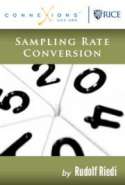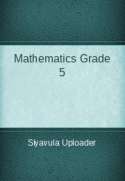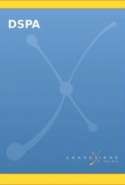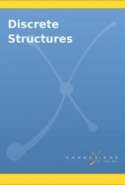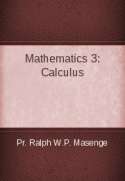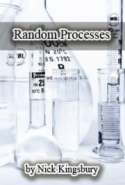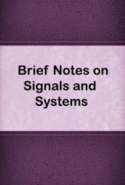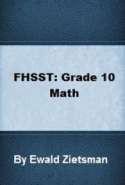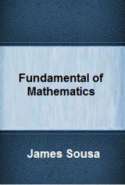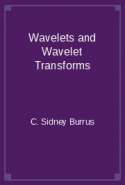Mathematics (Academic) Books
Sampling Rate Conversion
This is a textbook on Sampling Rate Conversion. It covers topics on Fourier Series, Discrete Fourier Transform, Fourier Integral, Energy and Power, Estimation of Spectrum and Power via DFT, Decimation and Downsampling,Interpolation and Upsampling, Sampling Rate Conversion, Models of Noise...
Mathematics Grade 5
This textbook on Mathematics is intended for 5th graders. It is divided into four terms. It covers topics on mental arithmetic, problem solving, representations, calculations, intervals, laws, operations, economic issues, numeric patterns, output and input values, multiplication, division, data...
DSPA
This documents rationalizes the principles of classical signal processing methods and describes how they are used in engineering practice.
Discrete Structures
This document aims to provide learners with an opportunity to gain an understanding of the theoretical foundations of Computer Science. It covers topics on Mathematical Logic, Set Theory and Relations.
Mathematics 3: Calculus
This book on Mathematics which focuses on Calculus consists of four units. It covers the basic concepts of the differential and integral calculus of functions of a single variable. It also covers sequences of real numbers and infinite series of both real numbers and of some special functions.
Random Processes
The development of a theory that characterize the behavior of real-world Random Signals and Processes using standard Probability Theory.
Derived copy of Brief Notes on Signals and Systems
This collection is a brief and concise set on notes on continuous and discrete time signals and systems with some information on up and down sampling and a brief introduction to wavelets.
FHSST: Grade 10 Math
Grade 10 Math textbook
Derived copy of Fundamentals of Mathematics
Rating: Rated: 1 times
Format: PDF, ePub, Kindle
Fundamentals of Mathematics is a work text that covers the traditional topics studied in a modern prealgebra course, as well as topics of estimation, elementary analytic geometry, and introductory algebra.
Wavelets and Wavelet Transforms
This book develops the ideas behind and properties of wavelets and shows how they can be used as analytical tools for signal processing, numerical analysis, and mathematical modeling.

